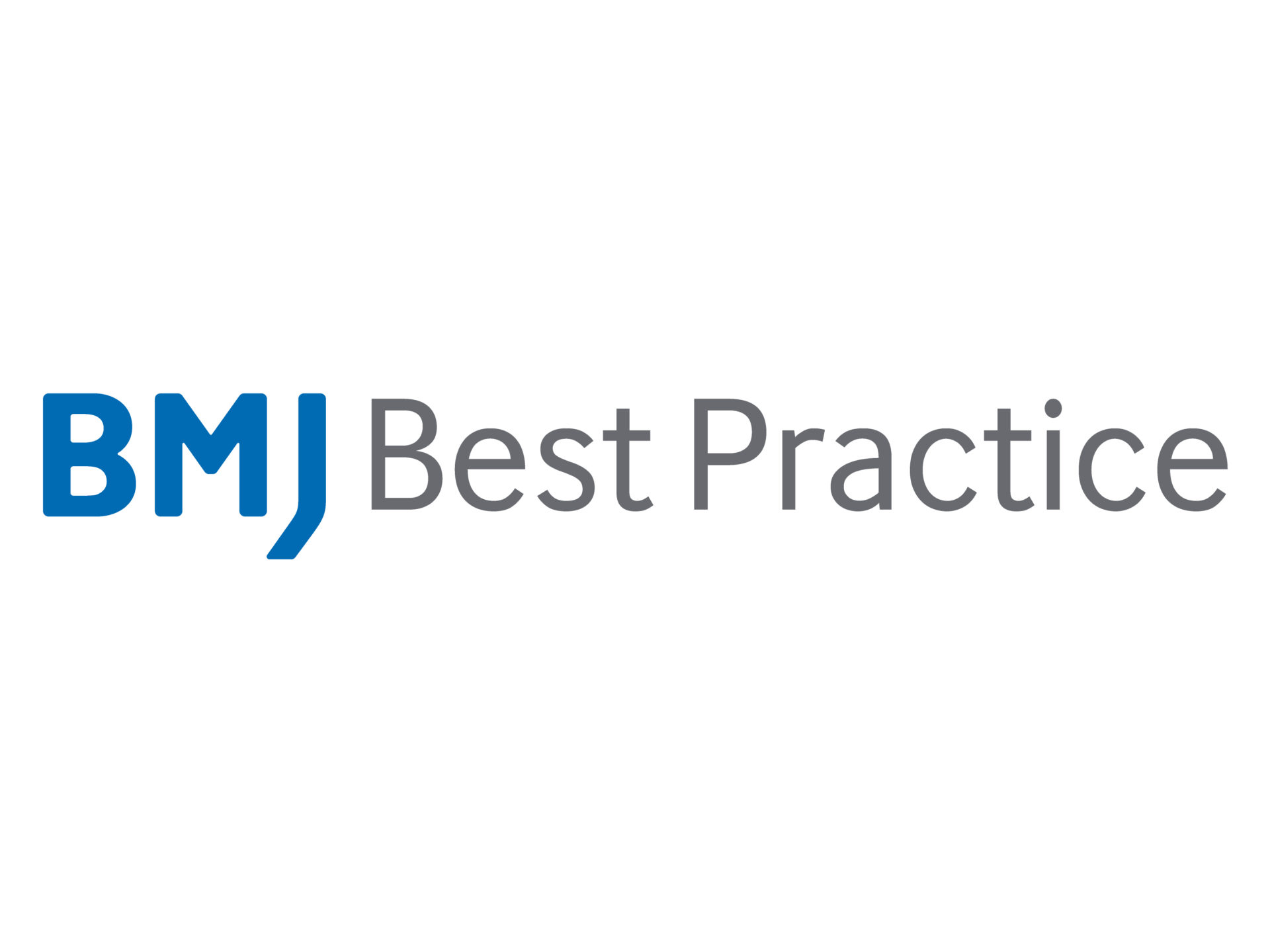
KMMS’ Senior Lecturer in Medical Ethics, Law and Professionalsm, Julia Hynes, pens a Covid-19 Pandemic Rapid Response in the BMJ (30 March, 2020) titled ‘A Plea to Prevent Physical, Mental and Moral Injury to our Carers’.
Rapid Response:
A Plea to Prevent Physical, Mental and Moral Injury to our Carers. (Re: Covid-19: “Illogical” lack of testing is causing healthy staff to self-isolate, BMA chief warns)
A Plea to Prevent Physical, Mental and Moral Injury to our Carers.
In normal times one of the constituents of a flourishing health service is one in which we, as a society, can trust our clinicians and all healthcare staff to do the right thing, to act with openness, honesty and integrity and adhere to the Professional Duty of Candour.
The General Medical Council has elevated ‘Professional Values and Behaviours’ to the highest position in the order of learning outcomes for medical graduates (1). The Irish Medical Council states that: ‘Trust is fundamental to good professional practice’ (2). We need to be able to trust in the medical profession as individual patients and as a society in general and if this trust is eroded action can be taken by the regulatory authorities to maintain confidence in the Profession.
Today, the converse is true – our healthcare workers, working within and outside the NHS, are trusting in us as individuals and as a society to do the right thing. Their plea is palpable after receiving prudent lessons from our international neighbours who are struggling to stay afloat in the thick of this catastrophe (3). Our healthcare professionals are trusting us, as individual citizens, to adhere to strict social distancing measures to help stop the spread of Covid 19 and are trusting those in authority in our society to utilise all resources, to protect their physical, mental and moral wellbeing by providing the correct personal protective equipment, testing facilities, ventilators, medical provisions and human resources in appropriate measure.
The physical wellbeing of all our healthcare professionals is at risk from contracting this virus. The risk to their mental wellbeing, already a burning issue, has significantly increased in these unprecedented times. In addition, our clinicians are also at imminent risk of grave moral injury if they find themselves in positions where lack of resources, including ICU provisions, means they have to choose who receives treatment and who does not, which ultimately means choosing who lives and who dies (4). At a basic level the lack of testing for our healthcare staff may be causing unnecessary high levels of self-isolation which may in turn ignite moral injury in itself and has been deemed ‘illogical’ by the BMA chief (5).
Society is fighting a silent enemy, invisible to the naked eye and only evident by the devastating effects and trail of destruction it is leaving in its wake as it rips through country after country and extinguishes life in droves. The light that is emerging in this dark moment in history is one of unity and respect; solidarity and human dignity is triumphing within the human family as it draws its members metaphorically closer and the value of each member of our society is being realised. We must continue to prepare well without further delay as we cannot expect our clinicians and healthcare workers to enter this battle without the appropriate armoury.
This is a moral emergency invoking a moral duty on us all. Let us leave no room for regret.
References:
1. Outcomes for graduates, General Medical Council, 2018.
2. Guide to Professional Conduct and Ethics for Registered Medical Practitioners (Amended) 8th Edition, Irish Medical Council, 2019.
3. Rosenbaum, L., Facing Covid-19 in Italy: Ethics, Logistics, and Therapeutics on the Epidemic’s Front Line. N Engl J Med, Downloaded, March 22, 2020; DOI: 10.1056/NEJM p2005492.
4. ‘It is implicit that the application of rationing criteria is justifiable only after all the subjects involved (in particular the Task Forces and the governing bodies of hospital facilities) and all possible efforts have been made to increase the availability of resources existing (especially the Intensive Care beds) and after assessing any possibility of patient transfers to centers with greater availability of resources’. Società Italiana di Anestesia Analgesia Rianimazione e Terapia Intensiva. (Siarrtri) Clinical ethics recommendations for the allocation of intensive care treatments, in exceptional, resource-limited circumstances (http://www.siaarti.it/SiteAssets/News/COVID19%20-%20documenti%20SIAARTI/… ). Version n. 1 Posted on March, 16th – 2020.
5. Iacobucci, G., BMJ 2020;368:m1277 doi: 10.1136/bmj.m1277 (Published 27 March 2020)
Competing interests: No competing interests